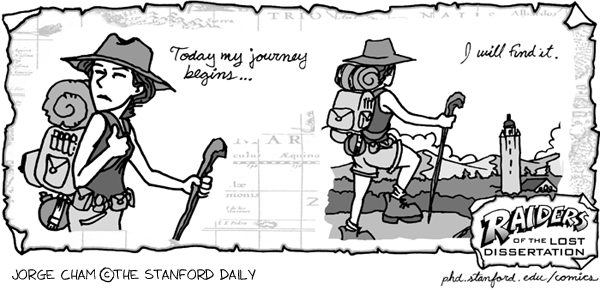Brief notes on CC-Licensing, Copyright, and Greece
Disclaimer/Heads-up: This is a short post connected to my work on the Creative Commons Workshop (aka “mini book report” or “homework”). It’s not meant to be an exhaustive copyright analysis, nor legal advice. Reader discretion is advised. Oh yes - this is also licensed under CC-BY 4.0 😃 For this final post for CC-Cert will look briefly at Greece, specifically with regard to Copyright and Creative Commons usage. Πνευματική ιδιοκτησία (intellectual property) or πνευματικά δικαιώματα (intellectual rights) are the Greek terms for denoting copyright, as well as the borrowed term “copyright” itself. The entity, in Greece, that “guards” the rights of IP holders is the Hellenic Copyright Organization (OPI) “ supervises the operation of the system for protecting the authors and the related rights rightsholders; safeguards the rights of the users and the public; balances the interests of copyright sectors with those of industrial property sectors; incorporates and adjusts in Greece t...




.jpg)